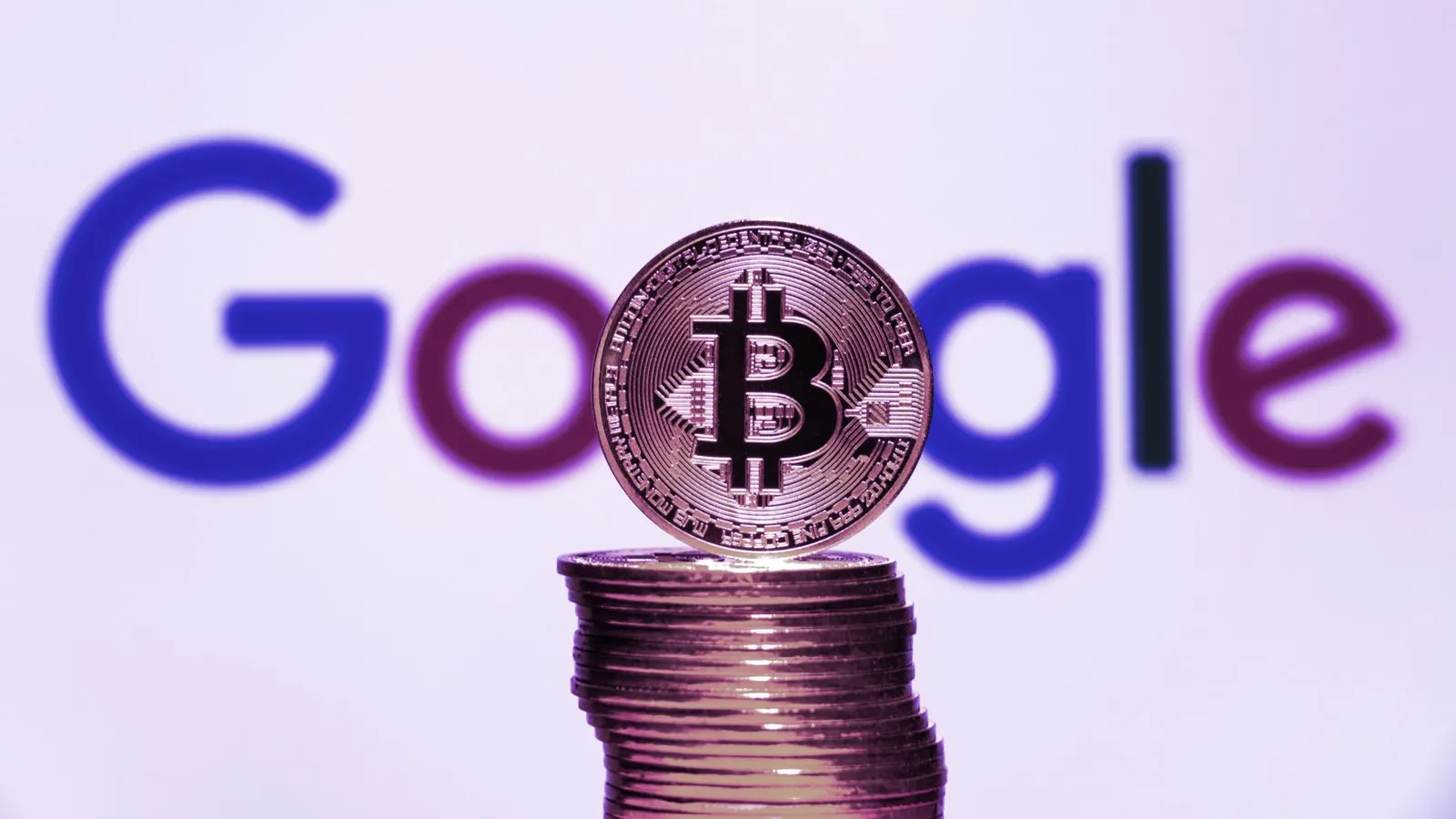Media giant Google has lifted its ban on certain crypto-related advertisements, allowing centralized cryptocurrency exchanges and digital wallets to promote their services on its platform in the U.S.
“Advertisers offering Cryptocurrency Exchanges and Wallets targeting the United States may advertise those products and services when they meet the following requirements and are certified by Google,” according to the company’s “Update to Financial products and services policy.”
As such, crypto-related advertisers still need to meet several conditions to become certified by Google. Namely, firms need to be either registered with the Financial Crimes Enforcement Network (FinCEN) as a “money services business,” licensed with at least one U.S. state as a money transmitter, or to be a federal or state-chartered bank entity.
The details of these criteria are not new, however. In June, Google outlined the updated advertising policy, adding that its effects would come into effect on August 3.
Additionally, crypto advertisers must comply with all corresponding legal requirements (be it at a state or federal level) and Google Ads policies.
At the same time, Google revoked all previous crypto-related certifications on August 3, meaning that exchanges and wallets must apply for new ones (if they hadn’t already).
Many crypto ads on Google still off-limits
While crypto exchanges and wallets can place their ads on Google’s services again, many other crypto-related projects and activities remain prohibited.
This includes initial coin offerings (ICOs), decentralized finance (DeFi) trading protocols, celebrity endorsements, and “promoting the purchase, sale, or trade of cryptocurrencies or related products.”
“Examples (non-exhaustive): ICO pre-sales or public offerings, cryptocurrency loans, initial DEX offerings, token liquidity pools, celebrity cryptocurrency endorsements, unhosted wallets, unregulated DApps,” Google explained.
Also not allowed are “ad destinations that aggregate or compare issuers of cryptocurrencies or related products,” including crypto trading signals, investment advice, and aggregators or affiliate websites that contain “related content or broker reviews.”
In the past, Google’s blanket ban on crypto-related ads stirred much controversy, including instances where the platform blocked Bitcoin companies’ promotions but allowed fake versions of them to advertise.

